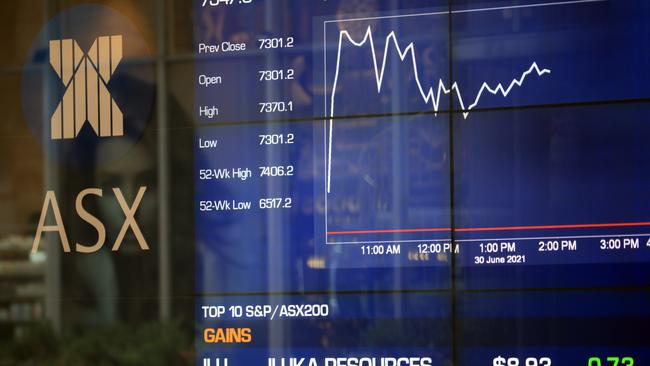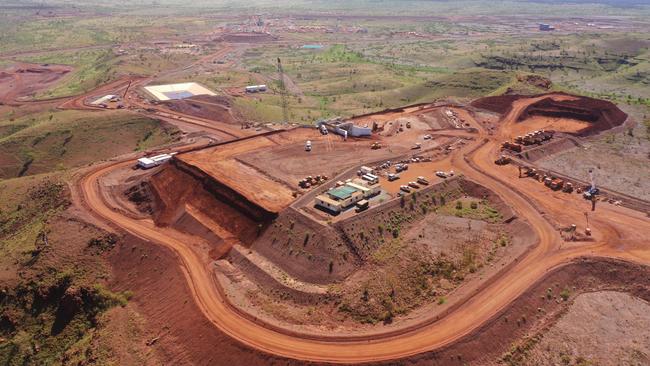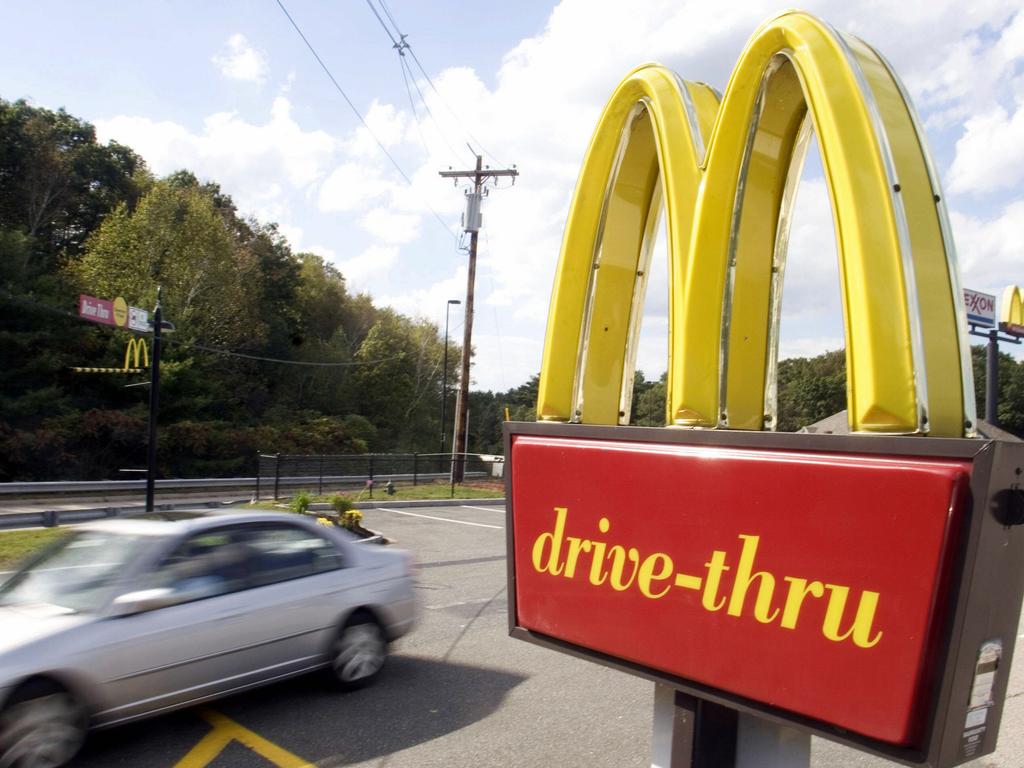
While analysts expect strong earnings growth for the overall market and major capital returns from the miners in particular, a potentially positive sharemarket reaction could be marred by the prospect of slowing earnings momentum and a lack of clarity on the outlook as economists downgrade growth estimates due to Covid lockdowns.
Citi equity strategist Liz Dinh says the August reporting season will be a good one for corporate earnings, but in light of uncertainty about the length of lockdowns in NSW and Victoria this earnings season will be more about next year’s guidance than last year’s results.
Total earnings are expected to surpass pre-Covid levels after strong growth revisions in the past year, and earnings “beats” could exceed “misses” by two to one, Dinh says.
While the lockdowns may boost spending on groceries, home office supplies and household upgrades, and healthcare earnings may benefit from increased testing, other companies “face challenges” and are likely to withhold guidance.
And whereas over the past year the balance of risks to company earnings was to the upside, “this tide might be turning”, says Dinh.
“The current wave of infections has highlighted the real risk of continued statewide lockdowns in the absence of critical mass in Covid immunity,” she says.
“Australia’s slow vaccine rollout is not only impacting its international borders but also the ability to keep the domestic economy open. Ex-resources, the current balance of risks to company earnings is now on the downside.
“The government has responded to the latest slowdown in economic activity with financial support. However, the level of support is lower than was offered at the start of the pandemic.”
Citi’s aggregate bottom-up expectation is for a 35 per cent rise in fiscal 2021 earnings. Some of that will be due to a weak starting point in the 2020 fiscal year.
Most will be concentrated in major banks and miners, more than their market cap would imply.
Resource sector earnings are expected to contribute 41 per cent to total earnings with a whopping 59 per cent rise for the sector, dominated by the big iron ore miners. Rio Tinto reports on Wednesday.
While most of the major banks aren’t reporting, sector earnings are also expected to rebound strongly, with earnings growth of 52 per cent expected to generate 26 per cent of market earnings.

Bad debt formation is expected to remain low despite further restrictions to mobility, with ANZ’s buyback announcement likely to lead the way for the rest of the sector to follow suit.
Citi expects the most positive surprises to come from banks, miners, healthcare, retail and property fund managers and residential developers, while the technology sector and retail landlords have “more potential for downside” relative to expectations.
Citi’s buy-rated BlueScope Steel, Charter Hall, Goodman, Harvey Norman, Liberty Financial, Mt Gibson and Qube are expected to shine, while sell-rated InvoCare and Scentre have downside risk relative to consensus.
Capital management is expected to be a highlight in key sectors, with strong cashflows in the big miners and under-geared balance sheets expected to result in high dividend payouts and a “dividend bonanza” for shareholders, Dinh says.
BHP, Rio and Fortescue are forecast to lead the bulk of dividend growth.
Share buybacks are also expected to feature prominently, particularly in the big banks.
It comes as Goldman Sachs chief economist Andrew Boak slashed his September quarter GDP forecast to minus 1.4 per cent and lowered his 2021 forecast to 4.7 per cent on year.
That’s based on his assumption that the Greater Sydney lockdown will be eased only gradually through September, implying an effective 12-week lockdown, and that some restrictions in Victoria and South Australia extend into August.
“Our revised base case is that the current lockdowns will subtract 2.4 percentage points from real GDP growth in 3Q2021 – driven by weaker household consumption and construction activity,” he says.
But he expects policymakers to announce a “significant step-up in support over the coming week, and “would not be surprised to see commonwealth cash payments to workers on reduced hours will be scaled up to a maximum of $750 per week, a top-up to JobSeeker payments, and an easing in the eligibility thresholds for the unemployed in lockdown areas”, while “additional state government cash grants to businesses also seem likely”.
“On the monetary policy side, we now expect the RBA to announce an indefinite delay to the planned tapering of the QE program,” Boak says.
“Our revised base case is that the taper is delayed to February 2022 when the vaccine rollout will be mostly complete and the risk of lockdowns much lower.
“There is a material risk that bond purchases are scaled up in the near term.”
While forecasting a solid 2.5 per cent rebound in the fourth quarter as restrictions ease, he notes “considerable risks to our revised forecasts in both directions”.
On the downside, the key risks are that the outbreak spreads to other parts of the nation and that the lockdowns extend until the population is widely vaccinated.
On the upside, Boak notes the government has plenty of fiscal capacity and may be especially motivated to use it ahead of a federal election.







A strong corporate earnings season may be dampened by uncertainty about the outlook.